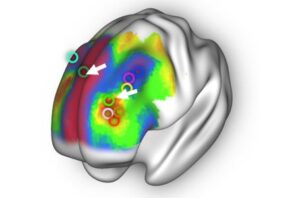22q11.2 Deletion, Duplication Linked to Opposing Changes in White Matter
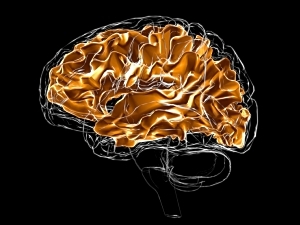
Ofer Pasternak, PhD, and Johanna Seitz-Holland, MD, PhD, of the Department of Psychiatry at Brigham and Women’s Hospital, and colleagues conducted the first study to compare white matter in 22q-del and 22q-dup, and report finding opposing abnormalities that might indicate distinct pathologies.
Read More...
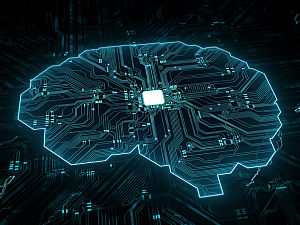
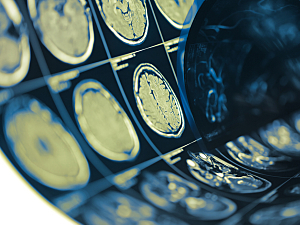

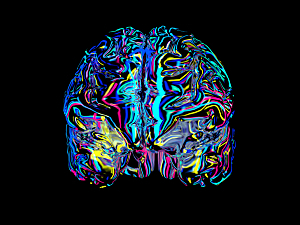
 The COVID-19 pandemic has been challenging for almost everyone, and different populations have been hit in different ways. For people aged 18–30 years, it has had an outsized effect on mental health, especially in terms of depression, anxiety and post-traumatic stress disorder (PTSD).
The COVID-19 pandemic has been challenging for almost everyone, and different populations have been hit in different ways. For people aged 18–30 years, it has had an outsized effect on mental health, especially in terms of depression, anxiety and post-traumatic stress disorder (PTSD).
